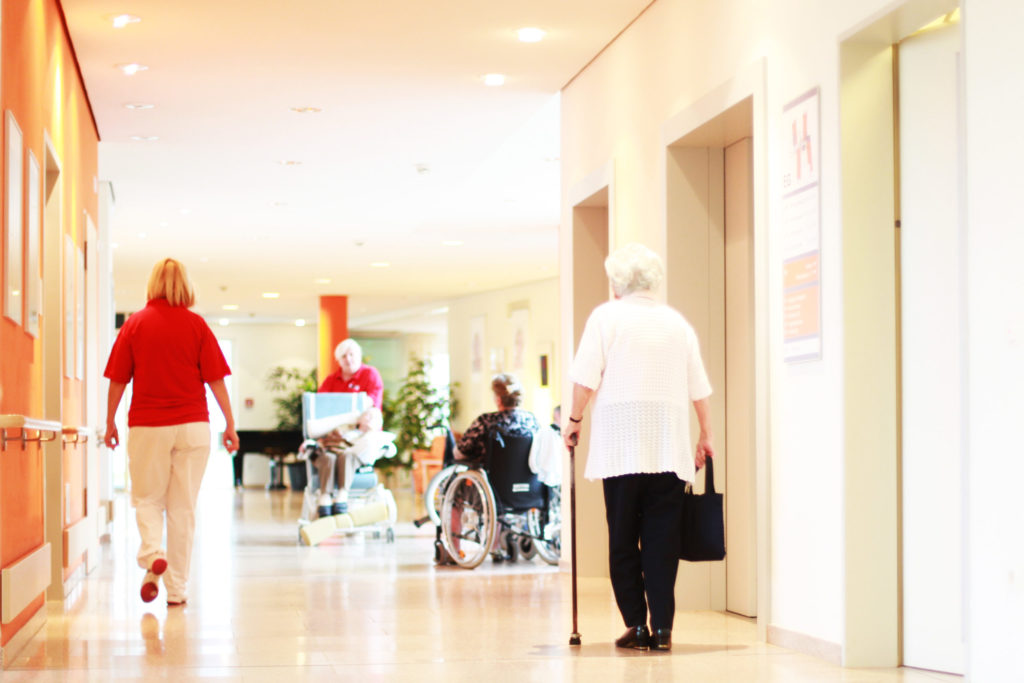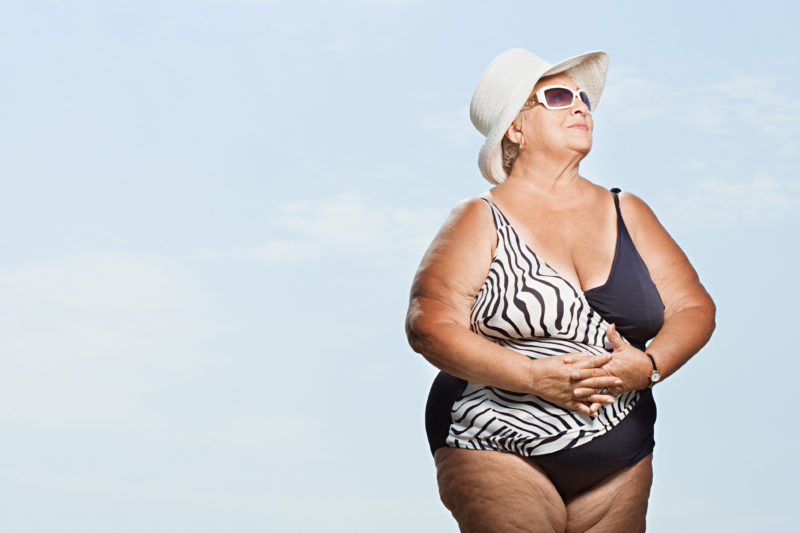Since 2006, Seniosphere Conseil has been focusing on the Baby Boomers, a generation born between 1945 and 1964, marked by the post-war era and the advent of the consumer society. With a current purchasing power higher than that of previous generations, these people, now aged between 59 and 78, are witnessing the emergence of the concept of ‘Ageing well’. This term was first introduced in France in 2007, marking a significant change. 15 years ago, these two concepts were considered to be antagonistic, reserved for people over the age of 80. Today, ‘Ageing well’ has become a multi-faceted lifestyle adopted by Baby-Boomers.
Baby-boomers in all three countries do not agree on the age at which they should start looking after themselves:
- in the UK, 65% think they should look after themselves before the age of 40,
- in France 68% say before the age of 50,
- while in Germany 63% think they should start looking after themselves after the age of 50.
The Covid crisis has heightened awareness of the importance of ageing well at home
When Baby Boomers in France, Germany and the UK are asked what contributes most to their ‘ageing well’, they unanimously agree that the most important thing is ‘a good environment‘. In fact, 66% of people in France and 65% in the UK said that “feeling good at home” was very important for ageing well, compared with 80% in Germany. As the study was carried out after the confinements, European baby boomers are more aware of the importance of ageing well at home. In second place was the social dimension (seeing children and grandchildren, meeting new people, etc.), and in third place was healthy living (giving up smoking, taking part in physical activities, etc.). Food comes in fourth place, but it remains one of the pillars of good ageing, already well established in the habits of Baby Boomers.
What would you do with an extra €300?
In 2022, when asked “If you had €300 to spend to help you age well, would you spend it primarily on…? One in two baby boomers said they would spend it on a more balanced diet. Germany saw the biggest increase with +15 pts compared to 2019.
In France and Germany, the well-being dimension, expressed through spa sessions, thalassotherapy or cures, is in second place with 47% in France and 39% in Germany respectively, while only 19% of 60-80 year-olds are interested in this dimension in the UK. In both Germany and France, ageing well means being in harmony with one’s body and mind, with a significant hedonic dimension.
Few French people would choose to spend this €300 on glasses or a visit to the dentist, probably because they are better reimbursed than their European neighbours. Other aspects are not considered a priority at all, in all three countries. This is the case for everything to do with physical appearance, even for women: cosmetic surgery, UV sessions, beauty products, and so on.
What would you do with 5 extra years of healthy life?
In 2018, when asked “What would you do with 5 extra years of healthy life?” The majority of Baby Boomers answer “I would travel“. They have a marked desire to get away from it all, compared with previous generations. They go on to say that they would like to see more of their nearest and dearest, a sign of the importance of family and friends for this generation.
Many also said they would not change their habits if they had these extra years. The score is lower in the UK (21%) than in France (32%) or Germany (33%).
The prospect of a longer life and the impact on daily life are perceived differently in the three countries. In France, the entire lifestyle is affected, from diet and physical activity to the layout of the home, location, leisure habits and so on. In the UK, baby boomers do not seem to consider that the housing dimension plays an important role in the prospect of a longer life. On the other hand, they are more likely than the French to think about their finances and to say that their physical activity and diet are influenced by the prospect of living longer. In Germany, relationships with loved ones are particularly important, more so than physical activity and housing.
Methodology: the study was carried out online in France, Germany and the UK in 2018, 2019 and 2022 among individuals aged 55 to 75, representative of the population of their country.
Also to read:
With #Ilookmyage, Women try to redefine beauty standards beyond the age of 50



